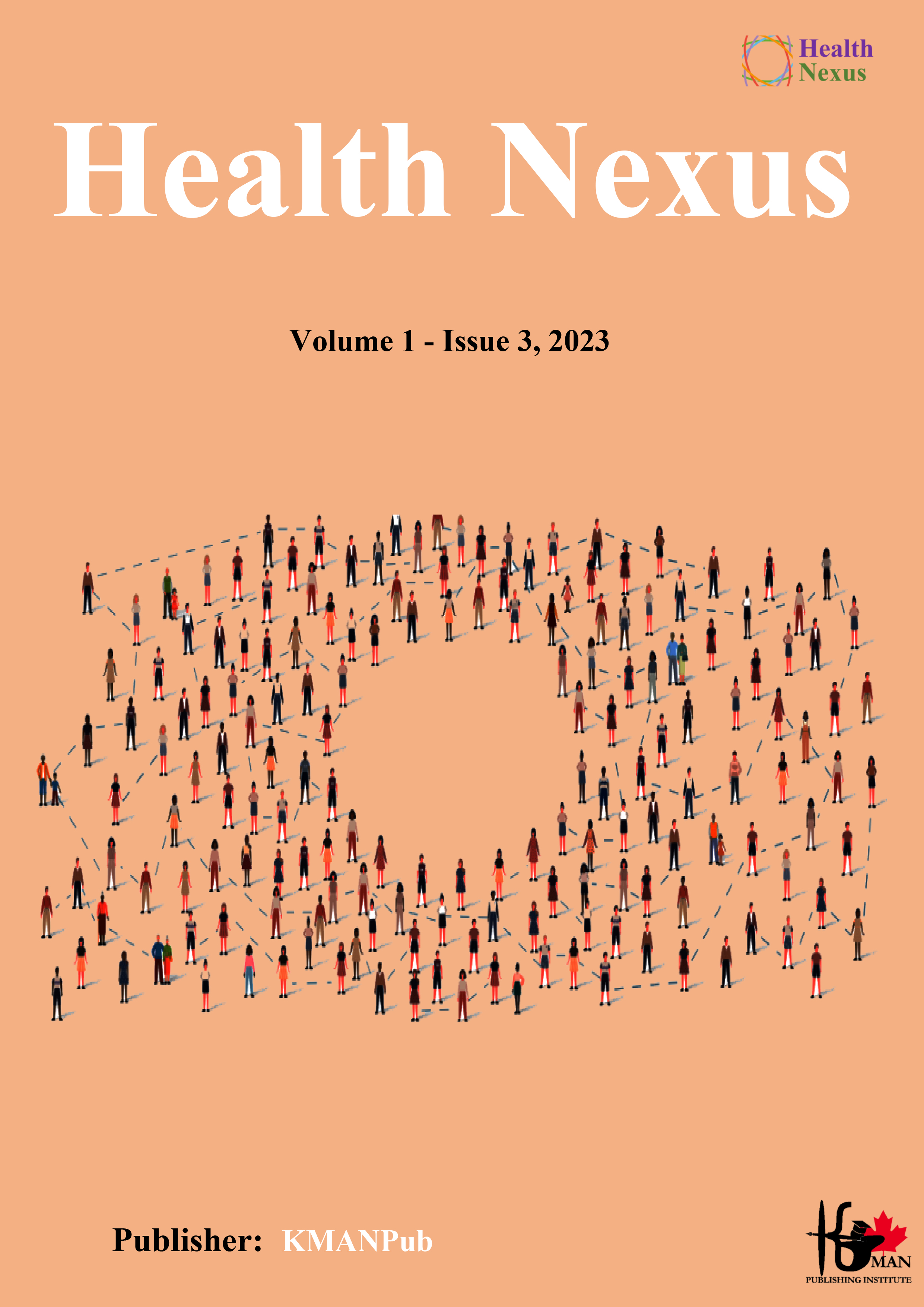Global Health Interventions in Resource-Limited Settings: Successes and Lessons Learned
Keywords:
Global Health, Intervention, Resource-Limited Settings, CommentaryAbstract
This commentary provides a comprehensive analysis of global health interventions in resource-limited settings, focusing on their successes, challenges, and the lessons learned. The article begins by highlighting the importance of these interventions in addressing health disparities and promoting sustainable development and equity in global health. It then delves into a critical analysis of successful interventions, identifying key factors such as community engagement, use of technology, and integration of local cultural norms that contribute to their effectiveness. The commentary also examines the challenges faced in implementing these interventions, including resource constraints, cultural barriers, and political instability, and discusses the valuable lessons learned from these challenges. Through one or two case studies, the commentary illustrates the practical application of these insights, showcasing both the successes and difficulties encountered. The article concludes with recommendations for future interventions, emphasizing the need for strengthening local healthcare systems, culturally sensitive approaches, leveraging technology, integrated health approaches, and fostering collaborative partnerships. The commentary aims to provide a nuanced understanding of the dynamics of global health interventions in resource-limited settings and offers a roadmap for future initiatives that are more effective, sustainable, and responsive to the unique challenges of these environments.
Downloads
References
1. Lynch KA, Omisore AD, Famurewa O, Olasehinde O, Odujoko O, Vera J, et al. Designing Participatory Needs Assessments to Support Global Health Interventions in Time-Limited Settings: A Case Study From Nigeria. International journal of qualitative methods. 2021;20:16094069211002421. [PMID: 35185442] [PMCID: PMC8855957] [DOI]
2. Diaz JV, Riviello ED, Papali A, Adhikari NK, Ferreira JC. Global critical care: moving forward in resource-limited settings. Annals of global health. 2019;85(1). [PMID: 30741504] [PMCID: PMC7052346] [DOI]
3. Poobalan A, Whiteley E, Balsubramanya B, Philip S, Jebaraj P, Balaji B, et al. Frontline community health care workers’ intervention for diabetes management in resource limited settings: a qualitative study on perspectives of key stakeholders. Journal of Global Health Reports. 2021;5:e2021046. [DOI]
4. Torres LA, Moore C, Villar JC, Pérez-Gaxiola G, Mpagama S, Ssekitoleko R, et al. Setting Research Priorities for Resource-Limited Settings in Times of Great Uncertainty: Where to Begin with COVID-19 Global Clinical Epidemiology? Available at SSRN 3837522. 2021. [DOI]
5. Hegemann L, Narasimhan V, Marfo K, Kuma-Aboagye P, Ofori-Acquah S, Odame I. Bridging the Access Gap for Comprehensive Sickle Cell Disease Management Across Sub-Saharan Africa: Learnings for Other Global Health Interventions? Annals of Global Health. 2023;89(1). [PMID: 38025926] [PMCID: PMC10655752] [DOI]
6. Grubic N, Hill B, Allan KS, Dainty KN, Johri AM, Brooks SC. Community Interventions for Out-of-Hospital Cardiac Arrest in Resource-Limited Settings: A Scoping Review Across Low, Middle, and High-Income Countries. Prehospital Emergency Care. 2023;27(8):1088-100. [PMID: 37406163] [DOI]
7. Abrams JA, Forte J, Bettler C, Maxwell M. Considerations for implementing group‐level prenatal health interventions in low‐resource communities: lessons learned from Haiti. Journal of Midwifery & Women's Health. 2018;63(1):121-6. [PMID: 29359879] [DOI]
8. Zhou Y, Draghici A, Abbas J, Mubeen R, Boatca ME, Salam MA. Social media efficacy in crisis management: effectiveness of non-pharmaceutical interventions to manage COVID-19 challenges. Frontiers in psychiatry. 2022;12:626134. [PMID: 35197870] [PMCID: PMC8859332] [DOI]
9. Cleaveland S, Sharp J, Abela-Ridder B, Allan KJ, Buza J, Crump J, et al. One Health contributions towards more effective and equitable approaches to health in low-and middle-income countries. Philosophical Transactions of the Royal Society B: Biological Sciences. 2017;372(1725):20160168. [PMID: 28584176] [PMCID: PMC5468693] [DOI]
10. Bemme D, Kirmayer LJ. Global mental health: interdisciplinary challenges for a field in motion. Sage Publications Sage UK: London, England; 2020. p. 3-18. [PMID: 32106797] [DOI]
11. Rony MKK, Sharmi PD, Alamgir HM. Addressing antimicrobial resistance in low and middle-income countries: overcoming challenges and implementing effective strategies. Environmental Science and Pollution Research. 2023;30(45):101896-902. [PMID: 37610548] [DOI]
Downloads
Additional Files
Published
Submitted
Revised
Accepted
License
Copyright (c) 2023 Zabihollah Naghiloo (Corresponding Author)

This work is licensed under a Creative Commons Attribution-NonCommercial 4.0 International License.
















